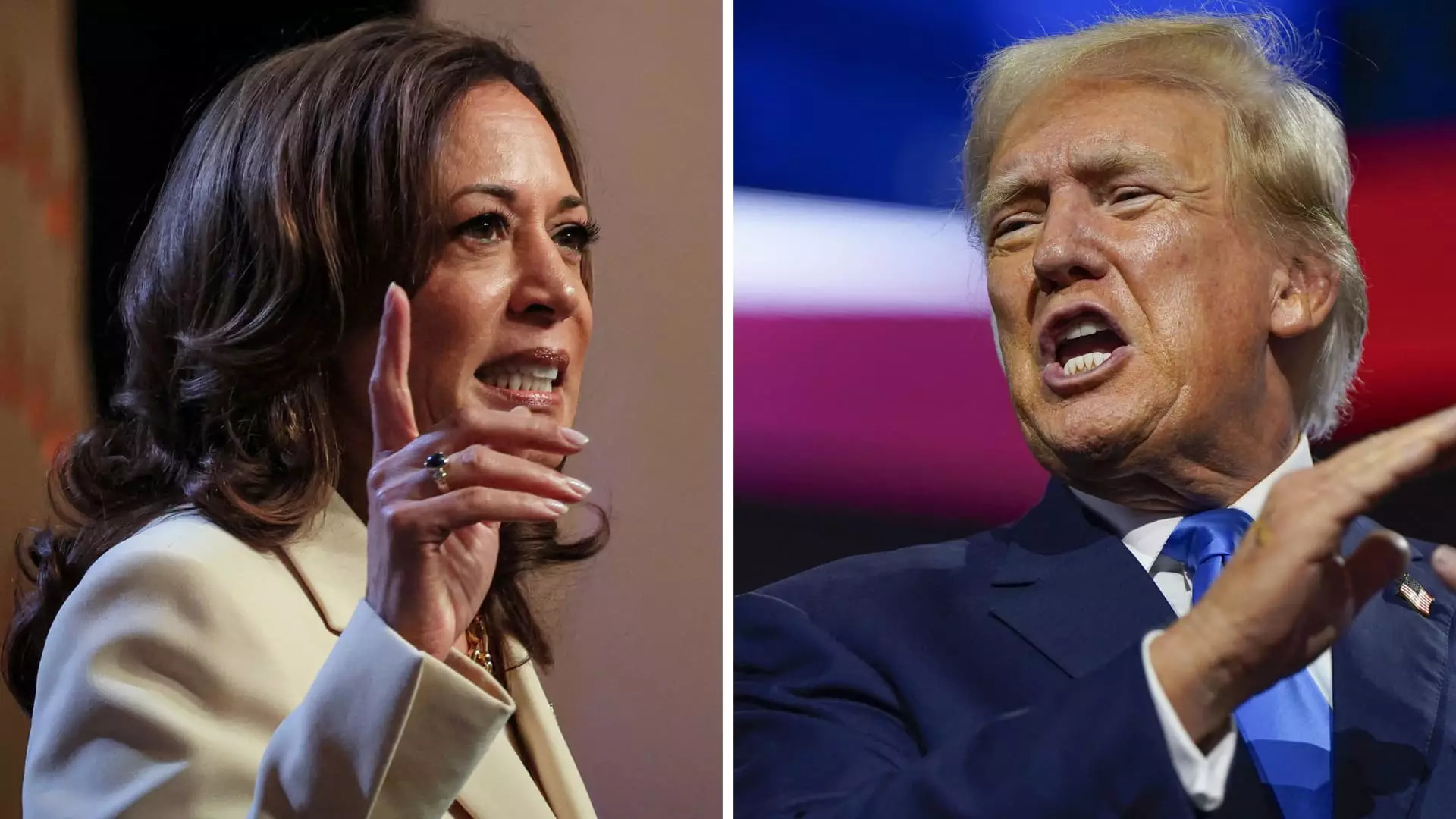Former President Donald Trump and Vice President Kamala Harris have both expressed their desire to end taxes on tips. Harris recently voiced her support for this idea at a rally in Las Vegas, following Trump’s earlier comments on the matter. This proposal is particularly important in states like Nevada, where the hospitality sector plays a significant role in the workforce.
Concerns and Criticisms
Despite the support from Harris and Trump, some policy experts have raised concerns about the implications of eliminating taxes on tips. The Budget Lab at Yale University estimates that about 4 million U.S. workers are in tipped occupations, with many of them being lower-income individuals. While not taxing tips may seem like a targeted exemption, some experts believe it could lead to administrative challenges and potential abuse.
Steve Rosenthal, a senior fellow at the Urban-Brookings Tax Policy Center, argues that the proposal fails to meet key criteria for tax policy, including equity and efficiency. He highlights the potential fairness issues raised by exempting tipped workers from taxes while other low-income individuals who don’t receive tips are still subject to taxation.
Cost and Budgetary Concerns
Another point of contention is the cost of implementing this policy. Harris’ call for no tax on tips, along with an increase in the minimum wage, could collectively raise the deficit by a significant amount over the next decade. The Committee for a Responsible Federal Budget estimates that these changes could lead to a $100 billion to $200 billion increase in the deficit.
One of the key questions surrounding the proposal is whether the exemption would only apply to federal income taxes or also include payroll taxes. This distinction could have a significant impact on revenue and the overall cost of the policy. Garrett Watson from the Tax Foundation emphasizes that the actual cost could vary depending on assumptions about behavior and potential tax avoidance.
While the idea of not taxing tips may seem appealing to many, it’s essential to carefully evaluate the potential consequences and trade-offs involved. As the debate continues, policymakers will need to assess the equity, efficiency, and revenue implications of such a policy change. It remains to be seen whether Harris’ and Trump’s plans for ending taxes on tips will come to fruition and how they will address the various concerns raised by experts in the field.

